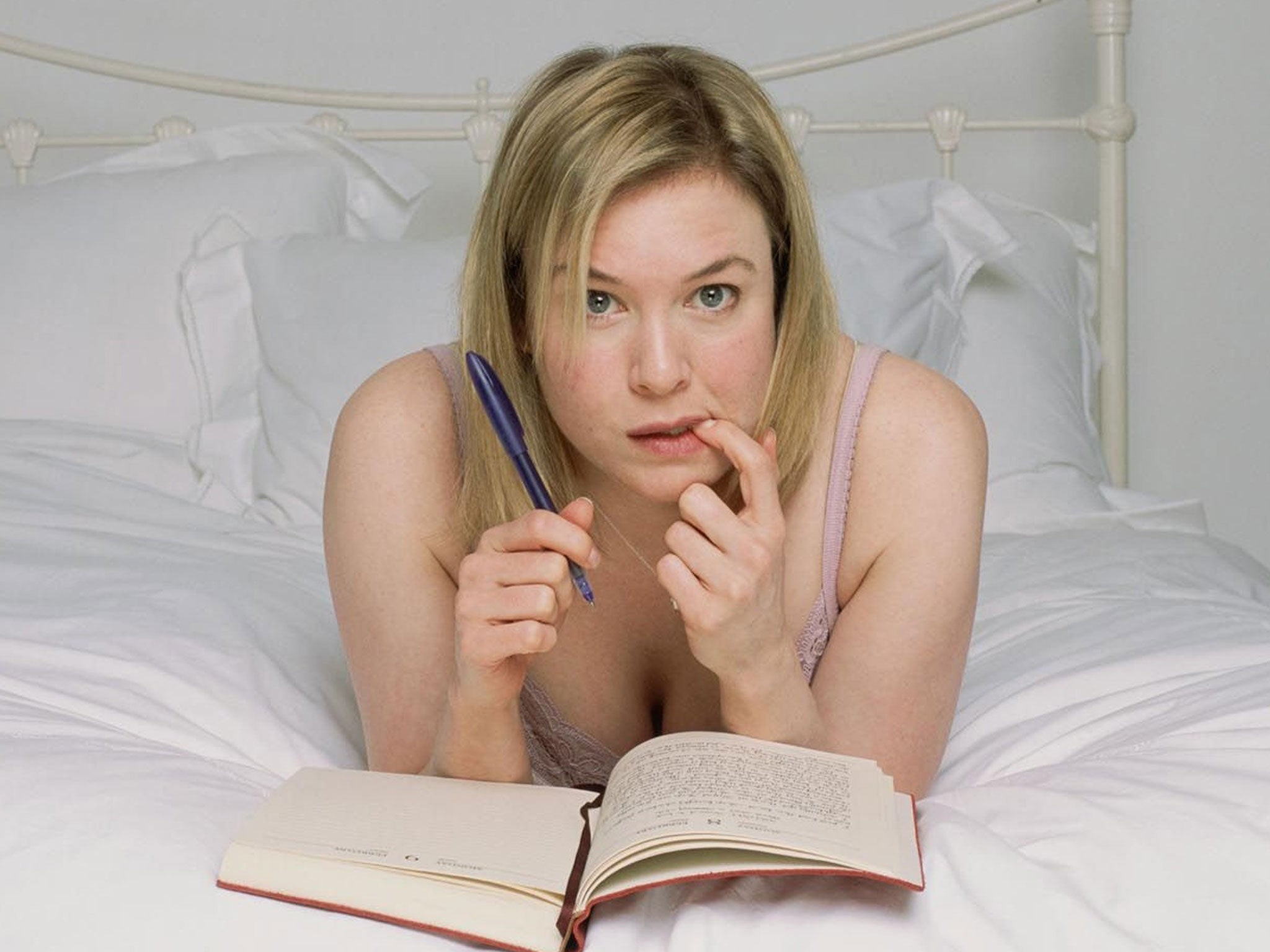Want to know where the real drama is? In everyday women’s lives
Juliet Stevenson feels TV offers only "colourless" roles for middle-aged women

Your support helps us to tell the story
From reproductive rights to climate change to Big Tech, The Independent is on the ground when the story is developing. Whether it's investigating the financials of Elon Musk's pro-Trump PAC or producing our latest documentary, 'The A Word', which shines a light on the American women fighting for reproductive rights, we know how important it is to parse out the facts from the messaging.
At such a critical moment in US history, we need reporters on the ground. Your donation allows us to keep sending journalists to speak to both sides of the story.
The Independent is trusted by Americans across the entire political spectrum. And unlike many other quality news outlets, we choose not to lock Americans out of our reporting and analysis with paywalls. We believe quality journalism should be available to everyone, paid for by those who can afford it.
Your support makes all the difference.Suddenly, it seems I am the right gender. Everyone has started demanding skirts with everything. Tony Hall is begging for ladies to appear across the BBC. Sky Living has launched a series celebrating “bold and memorable modern female characters.” And we all know how brave the Today programme has been. For once, Woman’s Hour looks like a description of life itself.
It would take one of us to put her head above the parapet and say it’s not good enough, wouldn’t it? That person is the wondrous Juliet Stevenson, who stood up at a literary festival this week and pointed out that just bunging people with XX chromasomes into stuff is not enough. Where are the interesting parts for middle-aged women, she asked? Once you have hit 60, she says, you can be “some sort of dowager”. But for the rest of us, the roles in television and theatre are “colourless and cliched”. Or neurotic, a la Bridget Jones, whose return, aged 51, has not gone down very well with the target audience.
According to La Stevenson, commissioning editors don’t think that women over 40 have “much narrative”. Or perhaps not the sort that editors like. We have one, but it’s just different. This week I went to my school reunion. Along with 55 other women, all aged 48. My entire class from Wimbledon High School, in a corporate hotel in South London. No teachers. No men. No children. It was overwhelming.
“You can tell who has discovered hair dye and who hasn’t,” whispered a friend as I walked into the throng. Yes, there was grey hair, but also bleached blonde; obesity, and fitness, plastic surgery, Botox and even a slipped disc. The skirt length ranged from ankle to mid-thigh.
Here was a collection of smart, funny women who had really lived their lives. After 30 years, how could we not have done? Here we were, screaming with laughter, crying and hugging each other, women who had married, divorced, had illicit affairs, had kids. There were child-free women, gay women, women with amazing careers, with no career, with stalled careers - women who represented the entire arc of female experience from fulfilled to frustrated and back again, and who now lived around the entire globe.
There were lawyers, accountants, nurses, doctors. Women with solid, “respectable” jobs, plus the odd entrepreneur. One actress, a camerawoman and a hack (yours truly). I didn’t spot any bank robbers, gangsters, double agents or drug dealers, the sort of characters beloved of the box-set drama fashionable at the moment.
But great drama is not just comprised of people who live dangerous and outlawed lives. It is, as Stevenson points out, about complex characters, and women who bring up children and work in offices are very complex. And as capable of carrying gripping narrative plans, as men are. We are perhaps just too polite to point it out.
Join our commenting forum
Join thought-provoking conversations, follow other Independent readers and see their replies
Comments